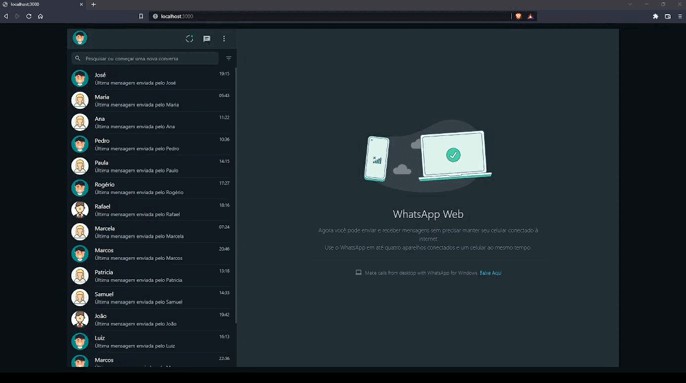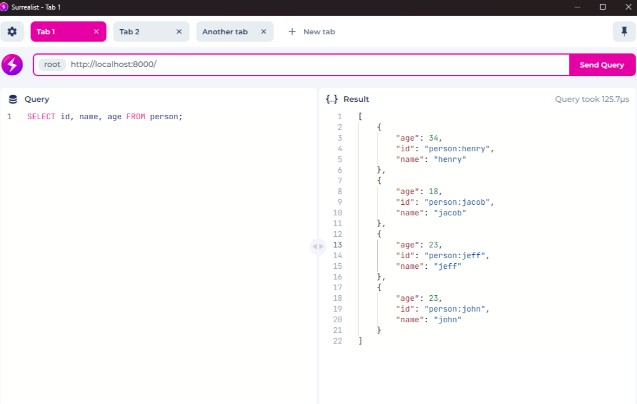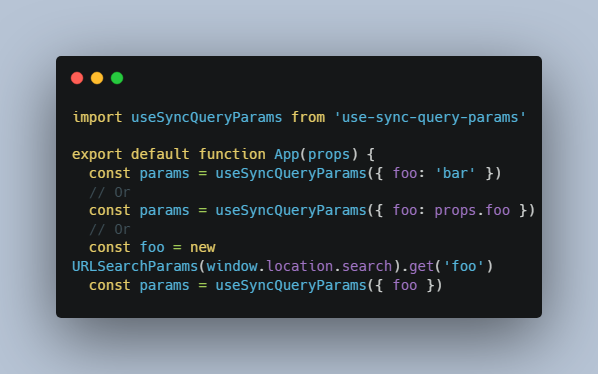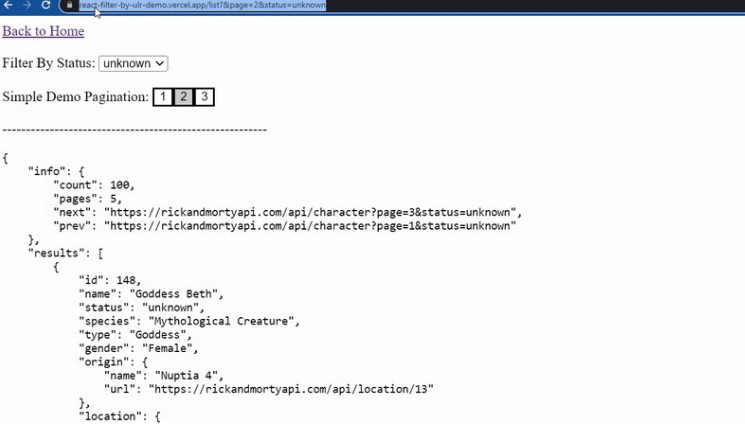? React Super Simple Media Queries
Easy-to-use media queries for your React project
Features
- ⚡️ Fast & Light with MatchMedia API ⚡️
- ? Auto detects the device viewport from Cookie & User-Agent
- ? Zero configuration to start
- ?️ Supports IE9+
Quick Setup
- Add
react-superqdependency to your project
# Using npm
npm add react-superq
# Using yarn
yarn add react-superq
# Using pnpm
pnpm add react-superq
- Wrap your application with
MediaQueryProvider
+ import { MediaQueryProvider } from 'react-superq'
const root = ReactDOM.createRoot(document.getElementById('root'))
root.render(
<React.StrictMode>
+ <MediaQueryManager>
<App />
+ </MediaQueryManager>
</React.StrictMode>
)
- Use
useMediaQueryin any component!
// App.tsx
import React, { useMemo } from 'react'
import { useMediaQuery } from 'react-superq'
const App: React.FC = () => {
const mediaQuery = useMediaQuery()
// You can use it in your code.
const isDesktopOrHigher = useMemo(() => {
return mediaQuery.isLessThan('desktop') && mediaQuery.isGreaterThan('mobileWide')
}, [mediaQuery.breakpoint])
return (
<div>
<h1>This is my App!</h1>
{/* Or directly in the markup! */}
{mediaQuery.isLessThan('tablet') && <div>I will be visible only on mobile!</div>}
</div>
)
}
Quick Setup for Next.JS
- Add
react-superqdependency to your project
# Using npm
npm add react-superq
# Using yarn
yarn add react-superq
# Using pnpm
pnpm add react-superq
- Wrap your application with
MediaQueryProvider& initialize theMediaQueryManager(for SSR)
Before
// pages/_app.tsx
function MyApp({ Component, pageProps }: AppProps) {
return (
<Component {...pageProps} />
)
}
After
// pages/_app.tsx
import { MediaQueryManager, MediaQueryProvider } from 'react-superq'
type InitialProps = {
contextBreakpoint: string
}
const mediaQueryManager = new MediaQueryManager()
function MyApp({ Component, contextBreakpoint, pageProps }: AppProps & InitialProps) {
return (
<MediaQueryProvider contextBreakpoint={contextBreakpoint}>
<Component {...pageProps} />
</MediaQueryProvider>
)
}
// Detect the breakpoint on the server.
MyApp.getInitialProps = async ({ ctx }: AppContextType) => {
const contextBreakpoint = await mediaQueryManager.detectBreakpoint(
ctx.req?.headers.cookie,
ctx.req?.headers['user-agent'],
)
return {
contextBreakpoint,
} as InitialProps
}
Tune-up the MediaQueryManager
Note You can initialize an endless amount of
MediaQueryManager, but each new one will refer to the first one.
const mediaQueryManager = new MediaQueryManager({
// ...
})
Configuration
breakpoints
- Type: Object
An object where the key is the name of the mediaQuery, and the value is the breakpoint size.
cookieName
- Type: String
- Default:
breakpoint
The key for the document cookie.
defaultBreakpoints
- Type: Object
- Detectable devices:
console,desktop,embedded,mobile,smarttv,tablet,wearable
An object where the key is the name of the detected device, and the value is the breakpoint key.
fallbackBreakpoint
- Type: String
- Default:
desktop
The breakpoint key to be used, if the device was not detected.
Default configuration
{
breakpoints: {
desktop: 1024,
desktopMedium: 1280,
desktopWide: 1600,
mobile: 320,
mobileMedium: 375,
mobileWide: 425,
tablet: 768,
},
cookieName: 'breakpoint',
defaultBreakpoints: {
desktop: 'desktop',
mobile: 'mobile',
tablet: 'tablet',
},
fallbackBreakpoint: 'desktop',
}
Presets
API
MediaQueryManager
detectBreakpoint(cookie?: string, userAgent?: string): Promise<string>getMediaQueries(): Record<string, string>usePreset(key: keyof typeof PRESETS): MediaQueryManager<Record<string, number>>
MediaQueryManagerOptions
defaultBreakpoints: Partial<Record<'console' | 'desktop' | 'embedded' | 'mobile' | 'smarttv' | 'tablet' | 'wearable', string>>breakpoints: Record<string, number>cookieName: stringfallbackBreakpoint: string
useMediaQuery
readonly breakpoint: stringisGreaterThan(input: string): booleanisGreaterOrEquals(input: string): booleanisLessThan(input: string): booleanmatch(input: string): booleanmatches(...input: string[]): boolean
License
Copyright (c) mvrlin [email protected]








